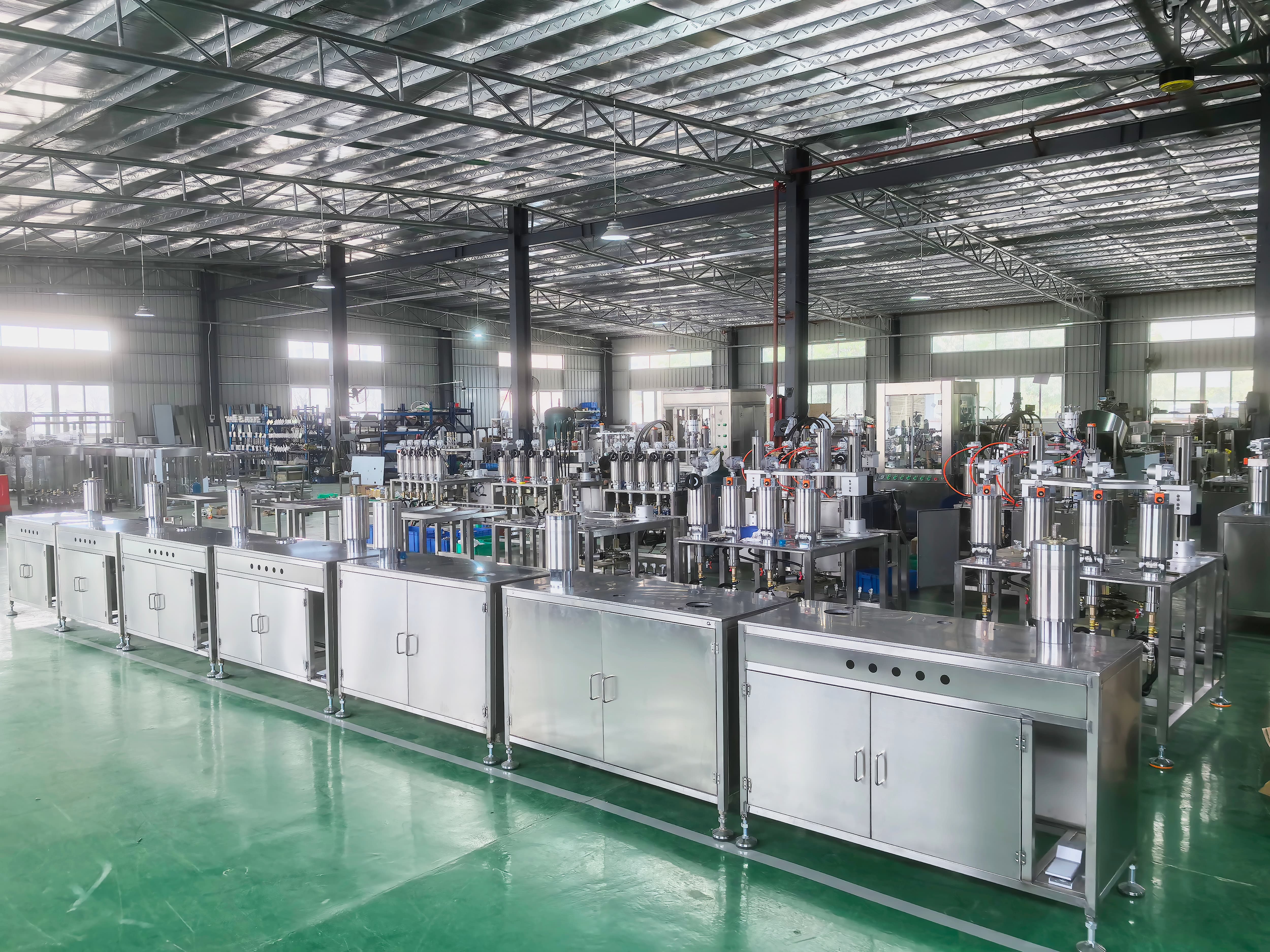
Automated Filling Solutions: Comprehensive Analysis of Multi-Industry Applications and Efficiency Enhancements
In the food and beverage sector, automated filling machines are extensively used in the filling processes of products such as edible oils, sauces, juices, dairy products, and alcoholic beverages. Their core value lies in ensuring food hygiene and safety. Equipped with CIP (Clean-in-Place) systems, they effectively prevent contamination and oxidation while precisely handling liquids of varying viscosities, significantly boosting production speeds on high-output lines. Such equipment directly addresses the food industry's core demands for efficiency and safety.
The pharmaceutical and biotechnology sectors impose stringent requirements on the precision and safety of automatic filling machines. When used for filling pharmaceutical solutions, vaccines, ointments, and sterile preparations, the equipment must comply with GMP and FDA standards, enabling sterile environment operations and full data traceability. High-precision filling ensures accurate drug dosing, while automated systems significantly reduce contamination risks associated with manual handling, providing critical safeguards for pharmaceutical safety.
In the cosmetics and personal care sector, automated filling machines handle products ranging from lotions and shampoos to serums and toothpaste. These systems effectively manage high-viscosity, foam-prone formulations to achieve bubble-free filling. They also support rapid container changeovers, meeting the demands of multi-variety, small-batch production. Their flexibility and stability enhance production responsiveness and product consistency for cosmetics manufacturers.
The chemical and lubricant sectors rely on automatic filling machines to safely and accurately handle corrosive chemicals, lubricants, solvents, and adhesives. Constructed from corrosion-resistant materials, these machines effectively prevent cross-contamination while ensuring process integrity and operator safety—making them ideal for industrial environments with stringent hazardous material filling regulations.
Home care and industrial product manufacturing also benefit significantly from automated filling technology. These systems are designed for rapid filling of bulk liquid products like detergents, disinfectants, and softeners. They efficiently handle diverse container sizes—including drums, jugs, and large bottles—while maintaining filling precision and substantially boosting output efficiency. This makes them a crucial backbone for large-scale production in the household chemicals sector.
